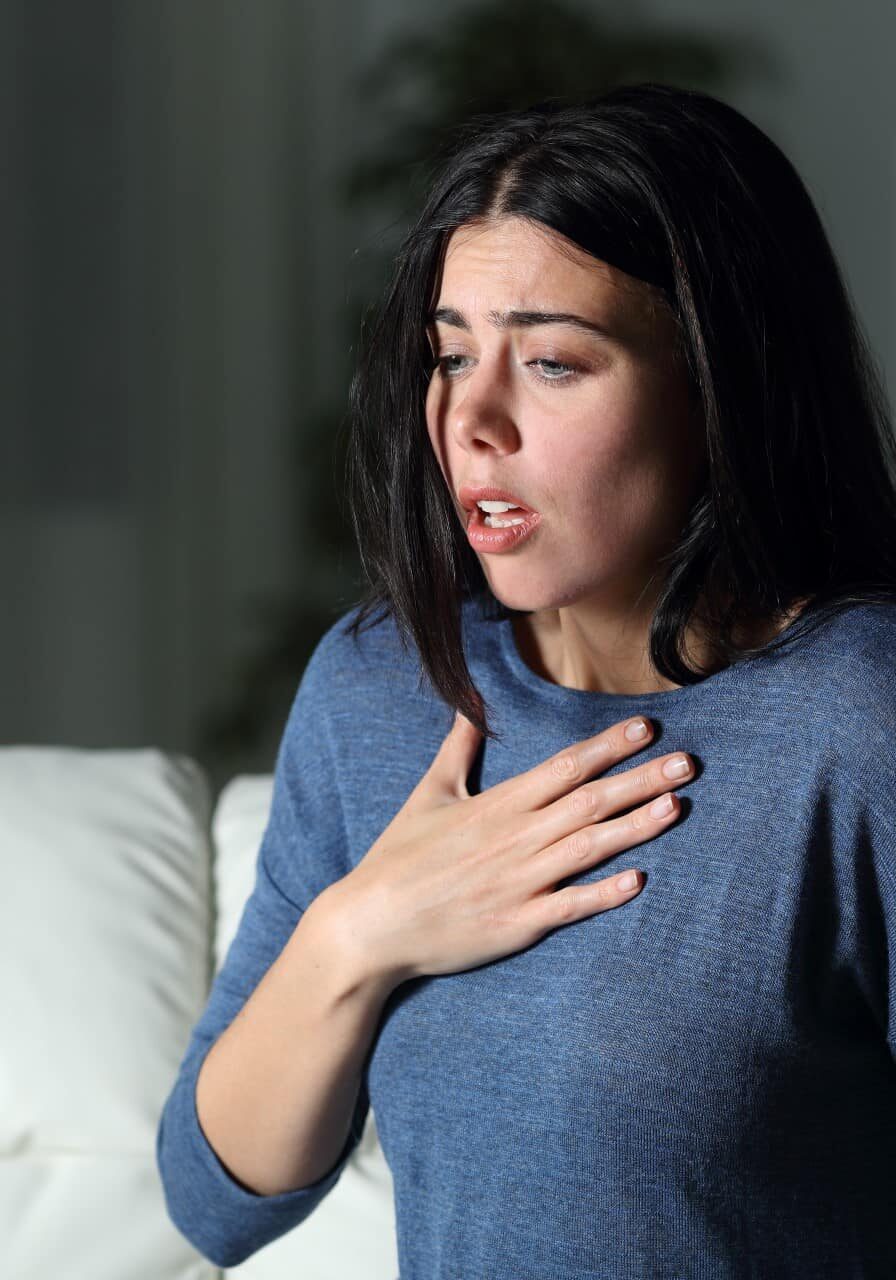Types of asthma
Asthma is a chronic illness that impairs the lungs' ability to transport air in and out of the body. This illness, in particular, causes the airways or tubes that lead to the lungs to become irritated and restricted. This signifies that there isn't enough air passing through.
Asthma is most commonly diagnosed in childhood, but it can affect people of all ages. Certain triggers, such as allergens, cold air, respiratory infections, exercise, or lung irritants, generally aggravate it.
Asthma is categorized into different categories based on the underlying cause. A healthcare expert can assist you in identifying your asthma triggers and underlying causes so that you may establish a step-by-step plan to avoid or manage your symptoms when they occur. These underlying causes are as follows:
Allergy asthma
The result of environmental allergens like pet dander, pollen, and dust.
Exercise-induced asthma
This type of asthma is a result from physical exertion or exercise.
Non-allergy asthma
A kind of asthma brought on by stress, viruses, or the weather.
Asthma symptoms and triggers
Having difficulty breathing is one of the most common asthma symptoms. You may have wheezing, coughing, or chest discomfort. Symptoms might range from moderate to severe. An asthma attack or asthma exacerbation occurs when symptoms worsen and breathing becomes harder.
There are numerous asthma triggers. Typical causes include:
- Anxiety and chronic stress
- Chemical or environmental irritants
- Environmental allergens such as pollen, mold, dust mites and pet dander
- Exercise
- Food allergens
- Obesity
- Respiratory infections such as the common cold, flu and COVID
- Smoke & Smoking
Individual triggers can differ from one person to the next. Your healthcare professional can assist you in identifying triggers and devising strategies to avoid or manage them as part of an asthma treatment plan.
Asthma diagnosis and treatment
When you visit NeuMed with asthma symptoms, our clinicians start by taking a patient history. This includes questions regarding allergen exposure and other asthma triggers, as well as any asthma diagnosis in family members.
A physical exam will be performed as part of your visit. With a stethoscope, your provider will carefully listen to your breathing and examine your skin for signs of associated diseases such as eczema.
If an asthma exacerbation is verified, the clinician can treat the patient with a nebulizer or prescribe an inhaler or oral steroid. They can also talk about preventative strategies, such as a step-by-step approach, to help you manage your asthma therapy at home depending on your current symptoms and avoid future asthma attacks.

Children with asthma
Parents may be confused about how to discern if their child has asthma or another condition. Although only a medical professional can diagnose your child, certain indicators can help educate worried parents.
Symptoms of asthma in children
Because children's respiratory airways are so small, their asthma symptoms may differ from those of adults. Asthmatic children may:
- Having difficulty breathing with rapid, laborious breaths.
- Struggle to get air into or out of your lungs.
- While breathing, make a whistling sound.
- Coughing all the time.
- They appear weary and uninterested in activities.
- Have cyanosis, a discoloration around the fingertips, tongue, mouth, or eyes.
- While nursing or sucking on a bottle, infants may have difficulty breathing.
Breathing difficulties are a medical emergency. A child who exhibits these symptoms should seek medical attention right once.
Asthma treatment for children
When a child is diagnosed with asthma, the doctor will devise a specific treatment plan. Treatment options include:
- Controlling airway edema on a daily basis.
- Asthma medication that works immediately.
- A strategy for avoiding asthma triggers.
Controlling asthma symptoms is essential for children to participate in typical activities.
Other conditions NeuMed Modern Urgent Care treats
At NeuMed Modern Urgent Care + IV Therapy, we can help you find the right treatment and care for all types of allergies. We can also help treat related issues such as:
- Skin rashes and Eczema
- Minor insect bites & stings
- Mild asthma attacks & asthma symptoms
- Wheezing

Frequently asked questions about asthma
What does having asthma feel like?
Asthma is often described as tightness of the chest and airways and having trouble breathing. It can be very frightening and causes some people to feel panicked.




